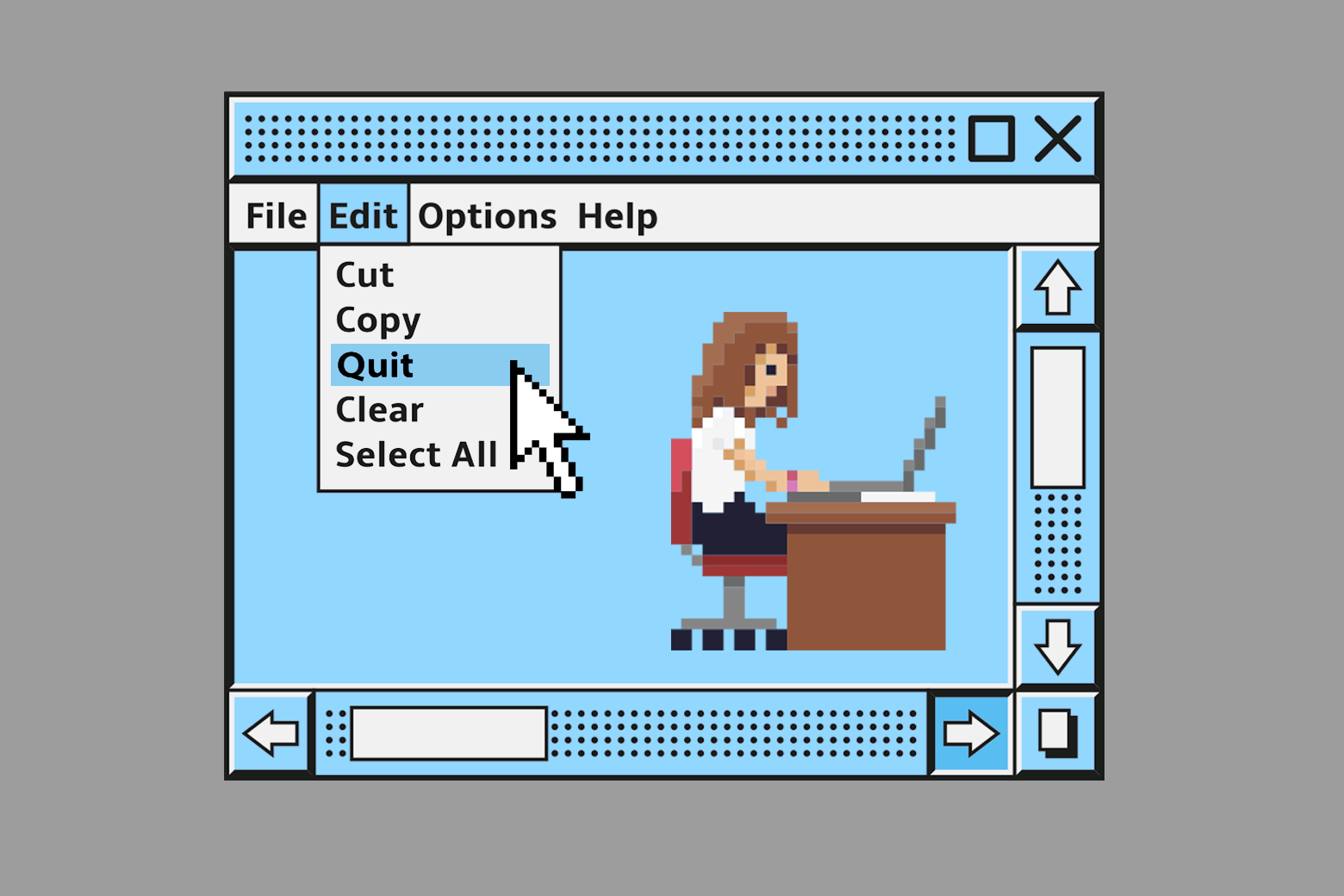The Cover Letter Debate: Are They Still Necessary in 2025?
In an age where job seekers are increasingly frustrated with traditional hiring practices, one California woman’s blunt TikTok video has ignited a heated discussion about the relevance of cover letters in today’s job market. Danielle Pugliese, a 35-year-old who was laid off in February, shared her experience of sending over 100 job applications without much success. Her candid approach to the cover letter requirement has resonated with many, raising questions about whether this divisive document is still a must-have when applying for new work.
The Frustration Behind the Cover Letter
Pugliese’s journey into the depths of job searching has been anything but easy. After two months of unemployment, she found herself staring at yet another application form that demanded a cover letter, despite the lack of information about the job itself. In her TikTok video, she humorously declared, “It’s 2025, we’re not doing this,” capturing the sentiments of countless job seekers who feel that the cover letter has become an outdated formality.
With a background in stand-up and sketch comedy, Pugliese infused her frustration into her content. “This particular video about cover letters was created due to the frustration with the current job market,” she explained. “While unemployment benefits help, they are certainly not enough to survive on, especially in Southern California.”
The Viral Impact
Pugliese’s TikTok clip, which has garnered over 824,000 views and 45,000 likes, struck a chord with many disillusioned job seekers. The video showcases her deadpan delivery as she shares her job search struggles, resonating with viewers who feel similarly trapped in a competitive job market increasingly dominated by artificial intelligence.
“The unfortunate reality is that it’s a competitive job market paired with the use of AI applicant tracking systems,” Pugliese noted. “The majority of companies can’t even be bothered to send an automated rejection email.” Her candidness has sparked a broader conversation about the efficacy of cover letters in a landscape where many applicants feel invisible.
A Shift in Job-Seeking Mindset
Pugliese’s video reflects a significant shift in how younger generations view employment. “Gone are the days of loving your job unless you’re an entrepreneur,” she stated. “Most millennials and Gen Z need multiple jobs just to barely scrape by, which is ridiculous given that we’re the most educated generation to exist.” This sentiment resonates with many who feel that the traditional notion of job satisfaction has been replaced by a more pragmatic approach to employment.
The reactions to her post have been polarizing. While many applauded her for voicing their frustrations, others criticized her for not adhering to traditional job application norms. Comments ranged from supportive to dismissive, highlighting the divide in opinions about the necessity of cover letters.
The Case for Cover Letters
Despite the backlash against cover letters, some experts argue that they still hold value in certain contexts. Hans Schumann, an ICF-accredited executive career and life coach, suggests that cover letters can be effective if used strategically. “If you really want a job, why would you not leverage every tool available to make your application stand out?” he asked.
Schumann emphasizes that a well-crafted cover letter can provide additional context about why a candidate is a good fit for a position, even if their resume doesn’t perfectly align with the job description. “Your application needs a bit more explanation around why you want the job and why you would be a great candidate,” he added.
The Future of Job Applications
Pugliese’s viral post has sparked a necessary conversation about the future of hiring practices. While her approach may not land her a job, she hopes it will encourage a reevaluation of outdated requirements like cover letters. “I’m happy that my video sparked the conversation that will hopefully move us toward a more efficient way of doing things in the future,” she said.
As the job market continues to evolve, it’s clear that the traditional cover letter may need to adapt or even be phased out. The rise of AI in recruitment processes and the changing attitudes of younger generations suggest that a more streamlined, efficient application process could be on the horizon.
Conclusion
Danielle Pugliese’s blunt cover letter and the subsequent TikTok video have opened the floodgates for a much-needed discussion about the relevance of cover letters in 2025. While some argue for their continued importance, others see them as an outdated relic of a bygone era. As job seekers navigate an increasingly complex landscape, the question remains: Are cover letters still a necessary component of job applications, or is it time to let them go? The answer may lie in the evolving expectations of both employers and candidates alike.



















